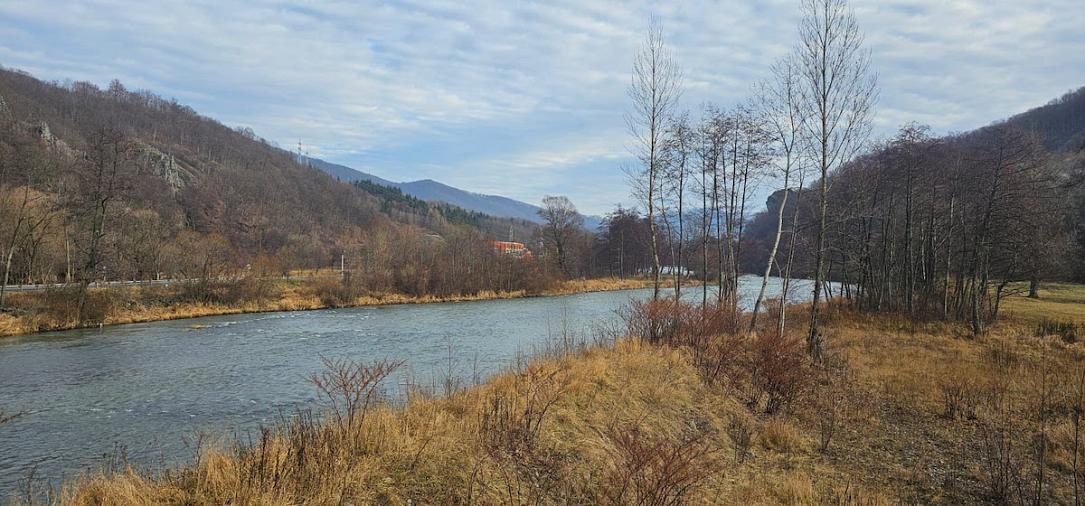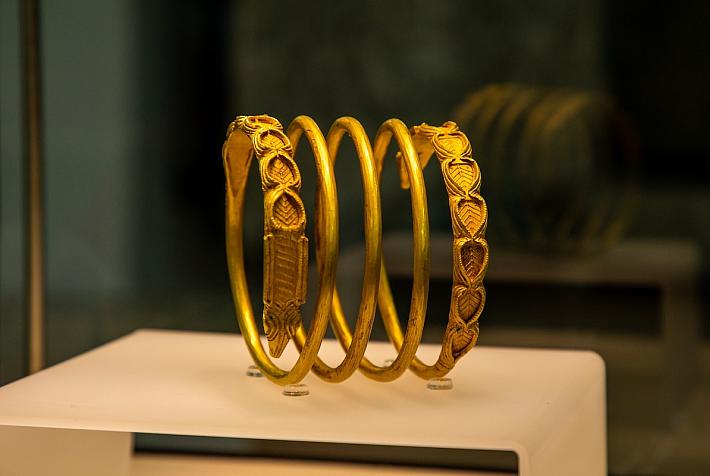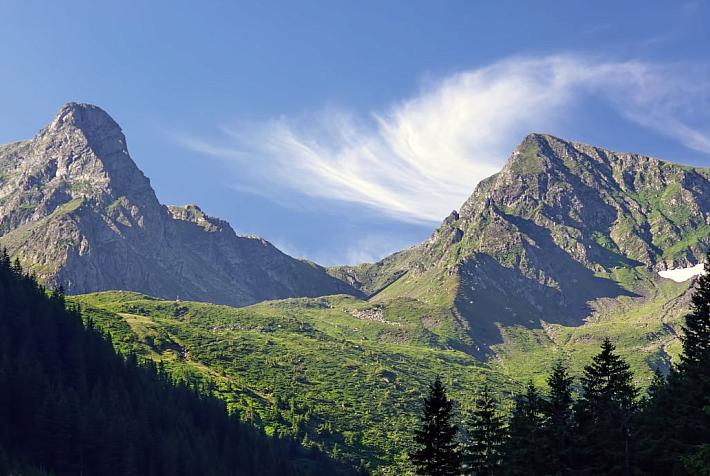WWF advocates against Romanian Hidroelectrica's plans to complete Rastolita HPP

The completion of the Rastolita hydropower plant (HPP) on the Mures river in central Romania "would do much more harm than good, would violate national and EU legislation, and undermine Romania's international commitments to stop the destruction of nature," according to the World Wide Fund for Nature (WWF), commenting on the state-controlled power group Hidroelectrica's planning to proceed with the project initiated during the communist regime.
The environmental permit for Rastolita expired years ago, and Hidroelectrica is now awaiting government approval to resume development.
WWF claims the project would violate a number of national laws in force, which prohibit the exploitation of natural resources in Natura 2000 sites and the deforestation of the Călimani National Park, as well as the EU directives on natural habitats, wild species and water.
Also, the project goes against the EU's Nature Restoration Act endorsed by Romania, which sets a target of restoring at least 25,000 km of rivers by 2030 by removing dams and other obstacles and underlines the importance of restoring healthy ecosystems in addressing climate and nature crises.
The Rastolita project received the green light in 1991, "when environmental permits had two pages, few people understood the negative impact of hydroelectric dams, and Romania did not even dream of becoming a member of the EU," WWF argues.
iulian@romania-insider.com
(Photo source: WWF Romania)











